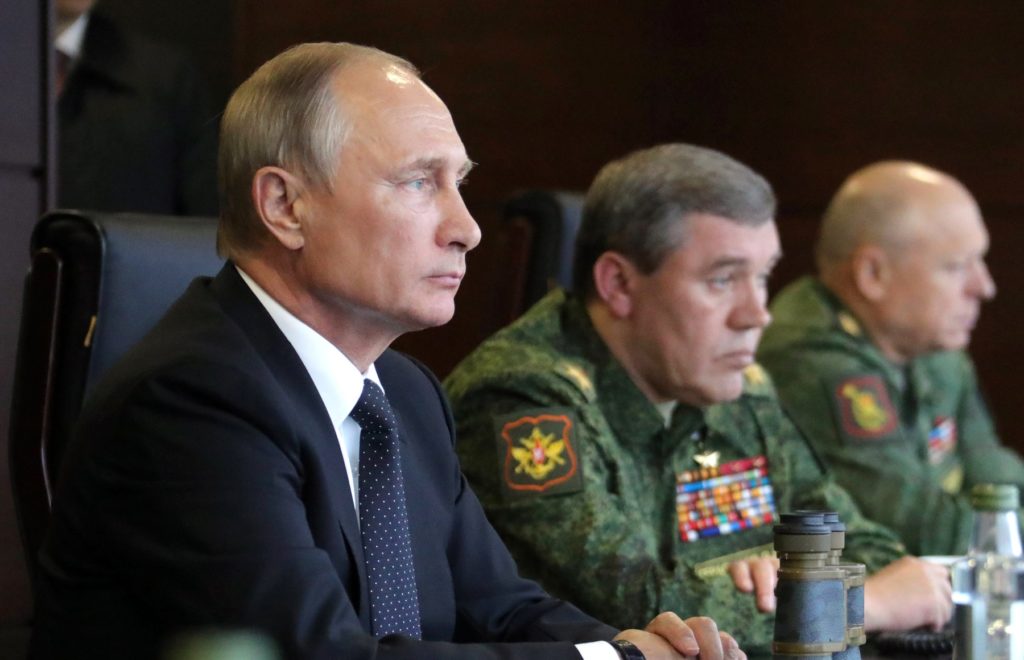Security in Europe with Russia and/or from Russia?
The Russian military exercise “Zapad 2017” held on the borders of NATO member states showed a significant increase in Russian forces in the Baltic Sea region. Just like during the Cold War, this exercise had the goal of demonstrating Russia’s military might to the West – the country’s alleged enemy. With the illegal annexation of Crimea as well as the destabilisation of eastern Ukraine, Russia and the West have manoeuvred towards an increasingly militarised confrontation. Moscow’s questioning of the European security order marked the climax of the alienation and antagonisation that started much earlier. With Vladimir Putin’s 2007 speech at the Munich security conference, where he accused the West of systematically countering Russia’s interests in the region, as well as the Russian-Georgian war in 2008, it became clear that Russia is defining its interests in opposition to the West. Russia does not want to be integrated into the West but has the ambition to further integrate former Soviet states into its orbit.
January 2, 2018 - Manfred Huterer


































